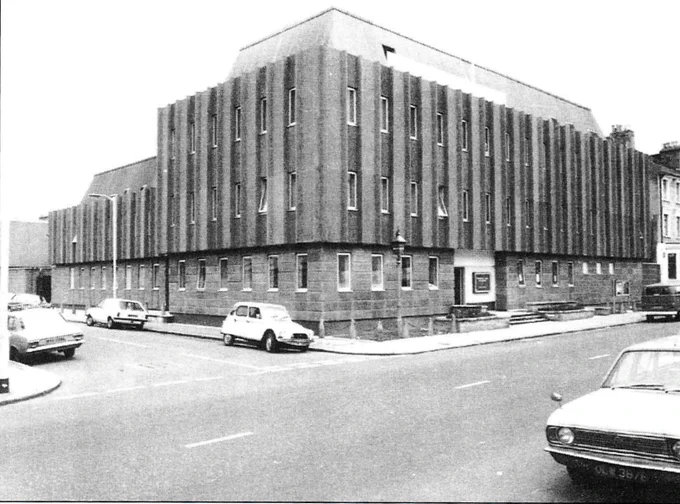Early Years Curriculum
The Curriculum
In Reception, we follow the Statutory Framework for the Early Years Foundation Stage issued by the Department for Education (DfE).
The curriculum consists of seven areas of learning:
- Personal, Social and Emotional Development
- Physical Development
- Communication and Language
- Literacy
- Mathematics
- Understanding the World
- Expressive Arts and Design
There are then 17 Early Learning Goals (ELGs) which are part of these areas of learning. If a child achieves these goals by the end of the Reception year then they are said to be working at the expected level.
To support children with working towards these ELGs we use a document called Development Matters. This breaks down each goal into different age bands and is used by staff throughout the year to assess how close children are to reaching the goals.
All of these documents, and many other useful resources, are available from this website: www.foundationyears.org.uk
In the classroom
Early Years learning and development is provided through purposeful play and through adult led structures and routines that build confidence and provide intellectual stimulus and challenge.
Throughout the day, children have direct teaching sessions for maths, literacy and phonics, either as the whole class or in small groups. The rest of the time they take part in activities inside and outside the classroom.
Some of the activities are prepared by the teacher and will focus on specific objectives. The children are also able to choose activities from any of the other resources available.
Teaching staff engage with the children during these activities and help to support their learning and development. Children’s learning is assessed by observing what they say and do during these times. This is recorded and shared with parents.
During the course of the year, our learning in Reception will be linked to the following themes.
|
Autumn 1 |
Autumn 2 |
Spring 1 |
Spring 2 |
Summer 1 |
Summer 2 |
| Outside Inside | Knowing Yourself | Talents & Powers | Sowing a Seed | Celebrating Self | Family & Friends |
Literacy
At Harris Primary Academy East Dulwich, we believe that learning to read, write and communicate effectively underpins all learning. Reading is taught through our phonics programme and children are encouraged to read for pleasure and take books home.
Phonics
Phonics is the method used in most primary schools to teach children to read. It teaches children the 44 sounds used in the English language and then the letter or letters which make those sounds. Children are taught to apply this knowledge for both reading and spelling words. In Reception, children have daily teaching sessions for phonics and this continues into Key Stage 1. At Harris Primary Academy East Dulwich, we teach phoincs using the Read Write Inc (RWI) phonics programme. More information about how we teach phonics and the RWI programme, can be found here https://www.ruthmiskin.com/en/find-out-more/parents/
Reading
As well as taking part in daily phonics sessions, children are given opportunities to read each week either with an adult or independently. Children also have stories read to them frequently in class and books are often the basis for an entire unit of work.
Reading books are sent home with the children at a level which matches their phonic understanding so they can continue practising at home. They are also allowed to take home other books to read with an adult as this helps develop a love of reading as well as improving their understanding and comprehension. Research has shown the significant positive impact that reading at home can have on children’s ability and understanding so we encourage families to read with their children on a daily basis.
Writing
Children are taught grammar, punctuation, spelling, handwriting and writing for purpose. Some of this is delivered as part of the daily phonics sessions and also as part of the focused and independent learning activities. Children are asked to complete an adult-directed piece of writing at least once per week in their writing book.
We use a pre-cursive handwriting script which teaches children the correct letter formations and also the different families of letter joins. In Reception, we teacher pre-cursive writing from the beginning to prepare them for cursive handwriting later in KS1.
Writing is encouraged in a range of contexts and across a range of subjects in order to engage all children.
Mathematical Development
The focus of the maths curriculum in Reception is on ensuring children have an excellent understanding of the basic concepts of number along with a real-world understanding of maths through shape, space and measurement. Children are taught how to write numbers but the focus is on the understanding of mathematical concepts.
We use a focused programme of work which teaches children mathematical concepts practically first, before moving on to pictorial representations and finally the abstract recording. This work feeds directly into the mathematical learning the children will continue in KS1.





















